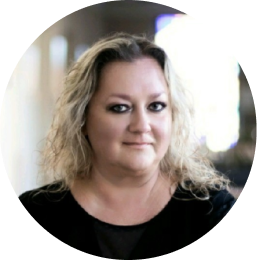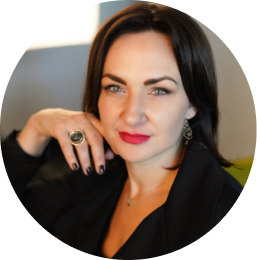Consortium
Empowering Higher Education Institutions (HEIs) through acceleration services
Kaunas University of Technology in Lithuania aims to be a leading science and innovation university blending education with research.
The university wants to offer top-quality research-based studies, create and share knowledge for sustainable development, and provide a creative environment that inspires leaders and talent.
One of the project’s objectives is to enhance research methods and their perception at both regional and European levels. This includes ensuring that R&I systems across Europe efficiently share research outcomes with both academic audiences and the broader public.
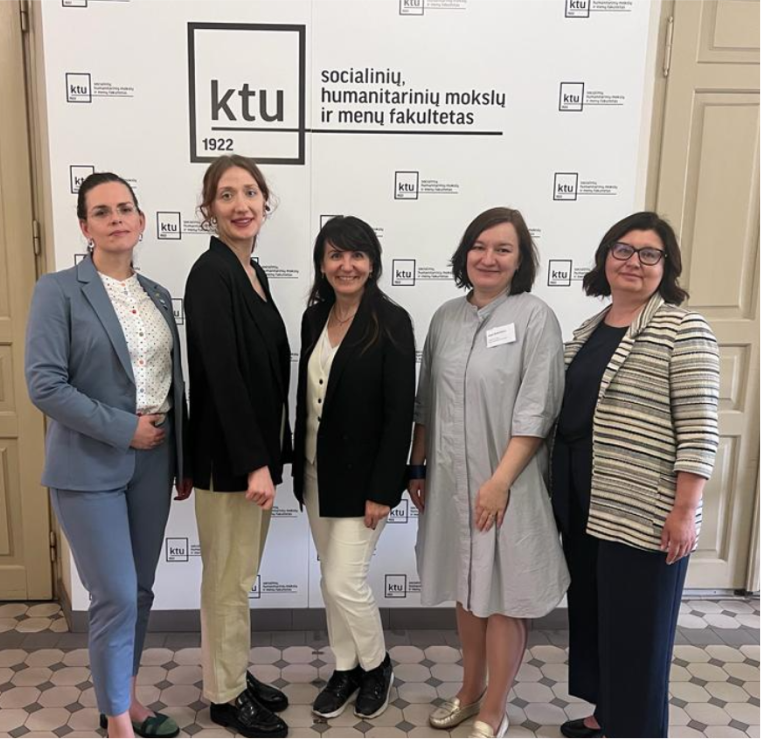
OUR GOALS
KTU´s vision is to be an interdisciplinary university, competitive at the international level, developing and transferring new knowledge and innovations. The University’s vision is pursued with regards to the University’s values via three value-creation chains and their objectives:
- Studies development of the high added-value future members of society;
- Research and innovations development of knowledge and technologies corresponding to societal needs and their transfer to students, business and public sector;
- Organisational development insurance of effective performance of the University’s activities and strengthening of the competencies of human resources.
Each outcomes with both academic audiences and the broader public.
INTERVENTION AREAS
On CATALISI project, Kaunas University of Technology focuses its transformation pathway the 2 domains and 3 intervention areas – namely:
Research careers and talent support
- Supporting talent circulation and mobility
- Strengthening of human capital
Research modus operandi
- Public engagement with and outreach to society to solve social challenges
ktu story OF TRANSFORMATION
Challenges
Research careers and talent support
Lack of institutional strategy for fostering first time international mobility of academic staff
The reliance of International mobility of staff on personal professional networks
Lack of coordination of international mobility with strategic research and study fields
Unequal capacities of first stage researchers in academic writing
Lack of interdisciplinary approaches in the publications and project proposals at the university
Research modus operandi
Lack of awareness of public about the principles of citizen science
Insufficient motivation and knowledge of researchers to engage in the citizen science research
Absence of actor network including quadruple helix actors for the development of citizen science projects
methodology
Research careers and talent support
Implementing living – lab methodology for the co-creating solutions for identified challenges
Identifying obstacles for fist time international mobility and needs for academic writing via surveys and interviews with academic staff and Writing clinic users
Developing strategic guidelines on fostering first time international mobility at KTU
Developing action plan for strengthening of university based services for academic writing
Obtain the support from the university administration
Research modus operandi
Applying living – lab methodology for creating dialogue with quadruple helix stakeholders on enabling and strengthening citizen science hub at KTU
Prepare trainings and lectures on citizen science in a interactive way
Developing an overview of best practices on how to effectively engage public in research
Communicate an added value of this perspective
ktu story OF TRANSFORMATION
Key exploitable results - COMING SOON
Team
KTU team with its extensive expertise and research capabilities, particularly in social sciences, sustainable development, and data archiving is crucial for driving institutional transformation and sustainable innovation in higher education.
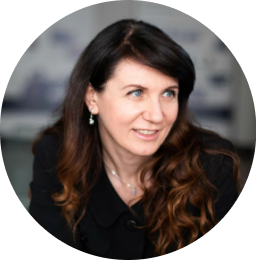
Professor of Sociology and Head of Committee for Political Science, Sociology and Public Governance Study Programs

Professor of Sociology, and head of research group “Civil Society and Sustainability”
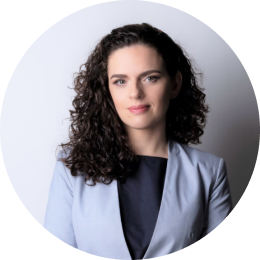
Professor of Sociology & Communication, and head of Data Analysis and Archiving Center
Kaunas University of Technology is the largest technical university in the Baltic States. It has 9 faculties and 9 research institutes, offers Bachelor, Master and Doctoral Degree programmes. University enrols 9.000 students and has 1000 academic staff.
The University seeks to become a strong science and innovation university, where the university studies are based on study and scientific research symbiosis. The mission of Kaunas University of Technology is to provide research-based studies of international level, to create and to transfer knowledge and innovative technologies for sustainable development and innovative growth of the country, to provide an open creative environment that inspires leaders and talented individuals. KTU is a member of many international associations (ECIU, EUA, CESAER, EUCEN, SEFI, EAIE, EDEN, Global Compact, IACEE, UICEE, BALTECH, ATUBS). KTU hosts LiDA archive that is responsible for acquisition and dissemination of national and international data sets, data access to international data archives, national and international data analysis trainings. These data are highly used for teaching purposes as well.
KTU team:
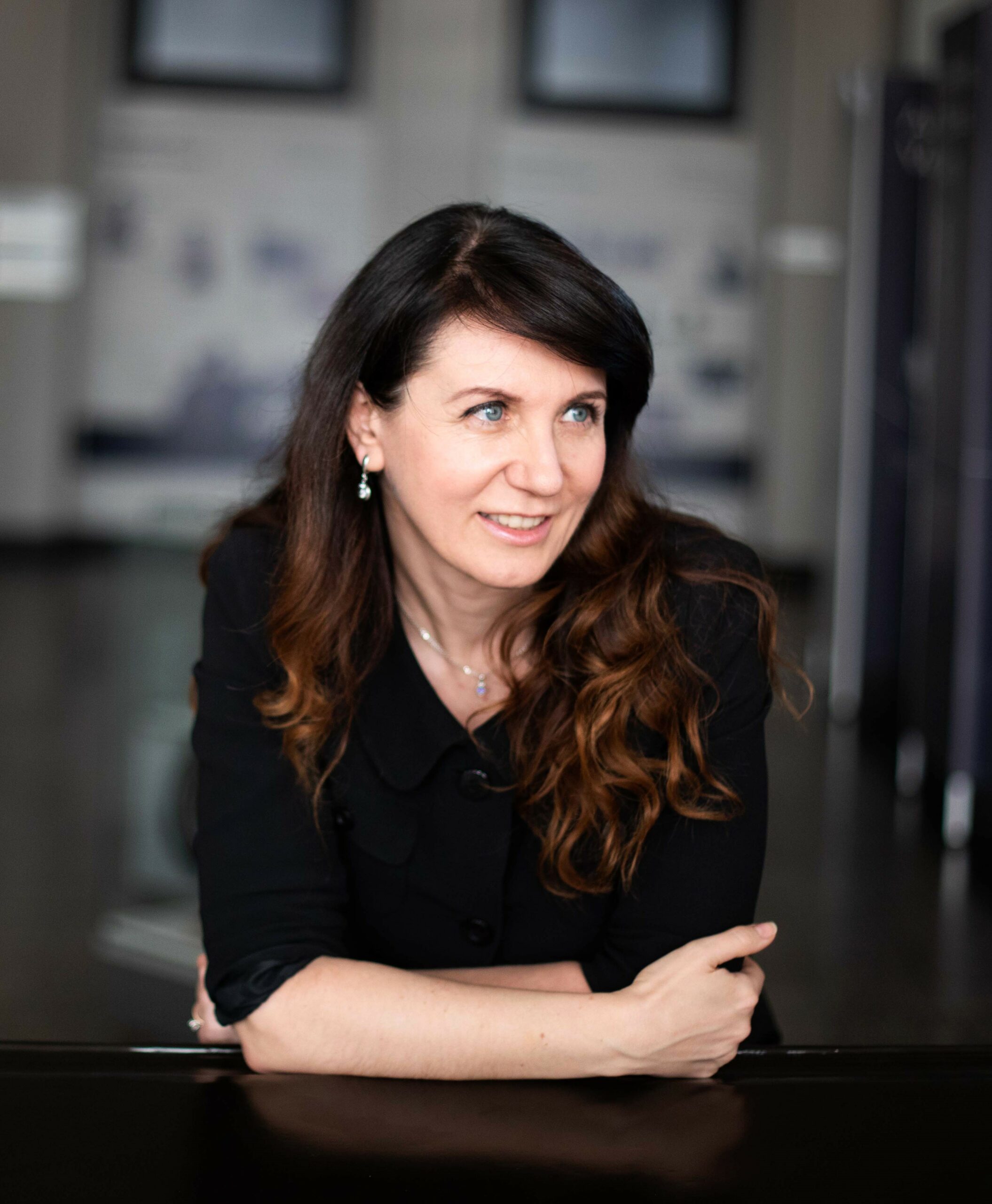
Egle Butkeviciene, PhD, serves as full Professor of Sociology and head of Committee for Political Science, Sociology and Public Governance Study Programs at the Faculty of Social Sciences, Arts and Humanities, Kaunas University of Technology. She holds a visiting professor appointment at University of Central Florida (UCF). Her research and teaching focuses on civil society issues, public governance, civic participation, social innovations, citizen science, social entrepreneurship, community development and social inclusion, environmental activism, social networks, science communication and social impact of technologies.
Egle Butkeviciene holds Bachelor and Master degrees in Business Administration, as well as the second Master degree and PhD in Sociology. In 2022 she was awarded with a Professors name in Teaching.
Professor Butkeviciene has been leading and participating in a number of international projects. Currently she is leading KTU team in 4 H2020 / Horizon Europe projects: “Empowering Youth and Co-creating Social Innovations and Policy-Making Through Youth Citizen Social Science” (YOUCOUNT), and “Supporting Sustainable Institutional Changes to Promote Citizen Science in Science and Technology” (TIME4CS), “Catalysation of institutional transformations of Higher Education Institutions through the adoption of acceleration services” (CATALISI), and “Promoting ocean and water literacy in school communities” (ProBleu) and contributing to H2020 project “The ECIU University Research Institute for Smart European Regions“ (SMART-ER), under which she participates in two small-scale projects ““Research nEtwork on reSILIEnt commuNiTies” (RESILIENT) and “Establishing a community on empowering, inclusive, and equitable citizen science within ECIU”(ECIE).
She is a founding member of the Citizen Science Association in Lithuania. She was appointed as expert by the Lithuanian national government for the EC H2020 Programme Committee for Societal Challenge 6 “Europe in a changing world – Inclusive, Innovative and Reflective Societies”, and served as member of Horizon 2020 Advisory Group on NMBP (Leadership in Enabling and Industrial Technologies). Also, she served as external expert at the European Institute of Innovation and Technology (EIT) and Centre for Quality Assessment in Higher Education Lithuania. Currently, she serves as expert evaluator for various organizations, including: the Research Council of Lithuania, and European Commission. She is an Advisory Board member in the H2020 projects “Wearables and Drones for City Socio-Environmental Observations and Behavioral Change” (Socio-BEE) and “Establishing Citizen Science Hubs in European Research Performing and Funding Organisations to drive institutional change and ground Responsible Research and Innovation in society” (INCENTIVE) and “European Citizen science” (ECS). She is a national representative of Lithuania for the International Social Survey Programme.
She has published over 50 articles in peer review journals and book chapters. Together with Professor Thomas Bryer, she is responsible for editing a book series “Democratic Dilemmas and Policy Responsiveness”, published by Lexington Books.
Dr. Aistė Balžekienė is professor of sociology and principal investigator of “Civil Society and Sustainability Research Group” at the Faculty of Social Sciences, Arts and Humanities, Kaunas University of Technology, Lithuania. She is a president of TG04 Sociology of Risk and Uncertainty of International Sociological association (ISA), a board member of Society for Risk analysis (SRA) Nordic Chapter, and RN22 Sociology of Risk and Uncertainty of European Sociological Association (ESA). She is a lead author of UNEP Global Environmental outlook for Eastern Europe region. Her research interests include comparative research on risk perception, sustainable development, social response to climate crisis, social impact of technologies, risk governance of multiple crises, spatial dimension of risk and risk perception, climate change communication, environmental attitudes and behavior, social science methodologies. ORCID iD 0000-0001-8557-0544. She is a team member in CATALISI.
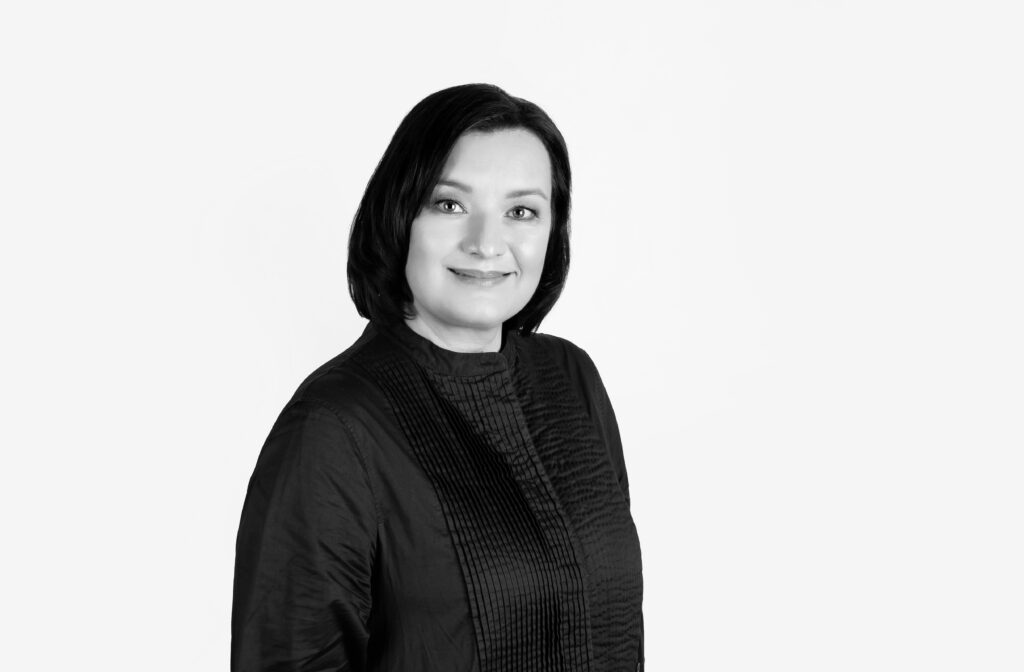
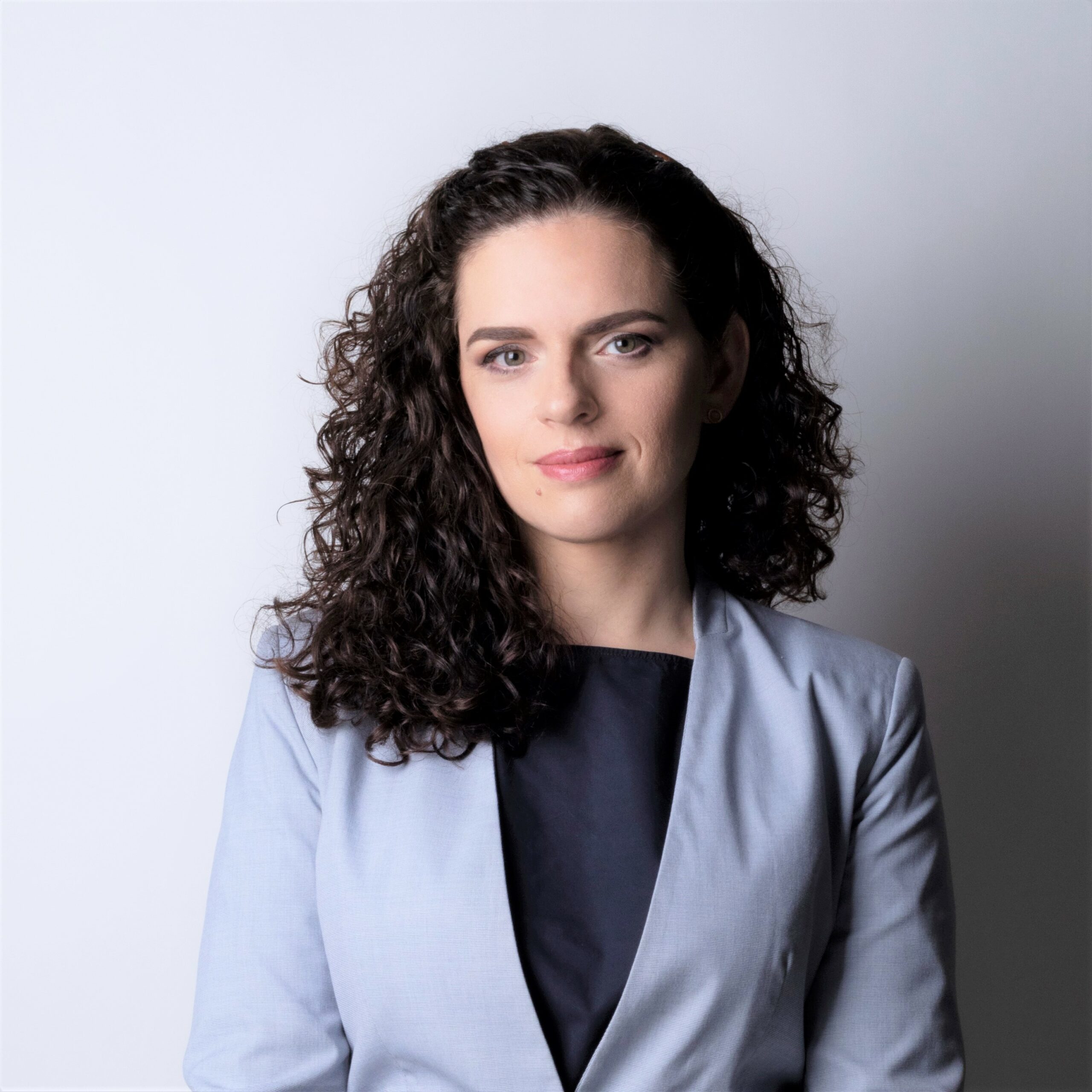
Dr. Audrone Telesiene is full professor of sociology and communication science, serving as the head of the Center for Data Analysis and Archiving at Kaunas University of Technology, Lithuania. Dr. Telesiene assumes coordinator roles in interdisciplinary research projects investigating the social dimensions of climate change, risk communication, and sustainable development. She leads the development of the Lithuanian open research data infrastructure, LiDA (service provider for CESSDA ERIC), and has made significant contributions to other international research infrastructures and programs, e. g. the European Social Survey, ESS-ERIC, the International Social Survey Programme, ISSP. Since 2019, dr. Telesiene has been elected as the coordinator of the research network “Environment and Society” at the European Sociological Association. In addition to her academic endeavors, Dr. Telesiene provides expert advice to national authorities and the European Commission. Most recently, she has taken on the role of convener of the Behavioral, Social, and Cultural Task Group and also serves as lead author for UNEP’s 7th Global Environmental Outlook. ORCID iD 0000-0003-0356-1631. She is a team member in CATALISI.

